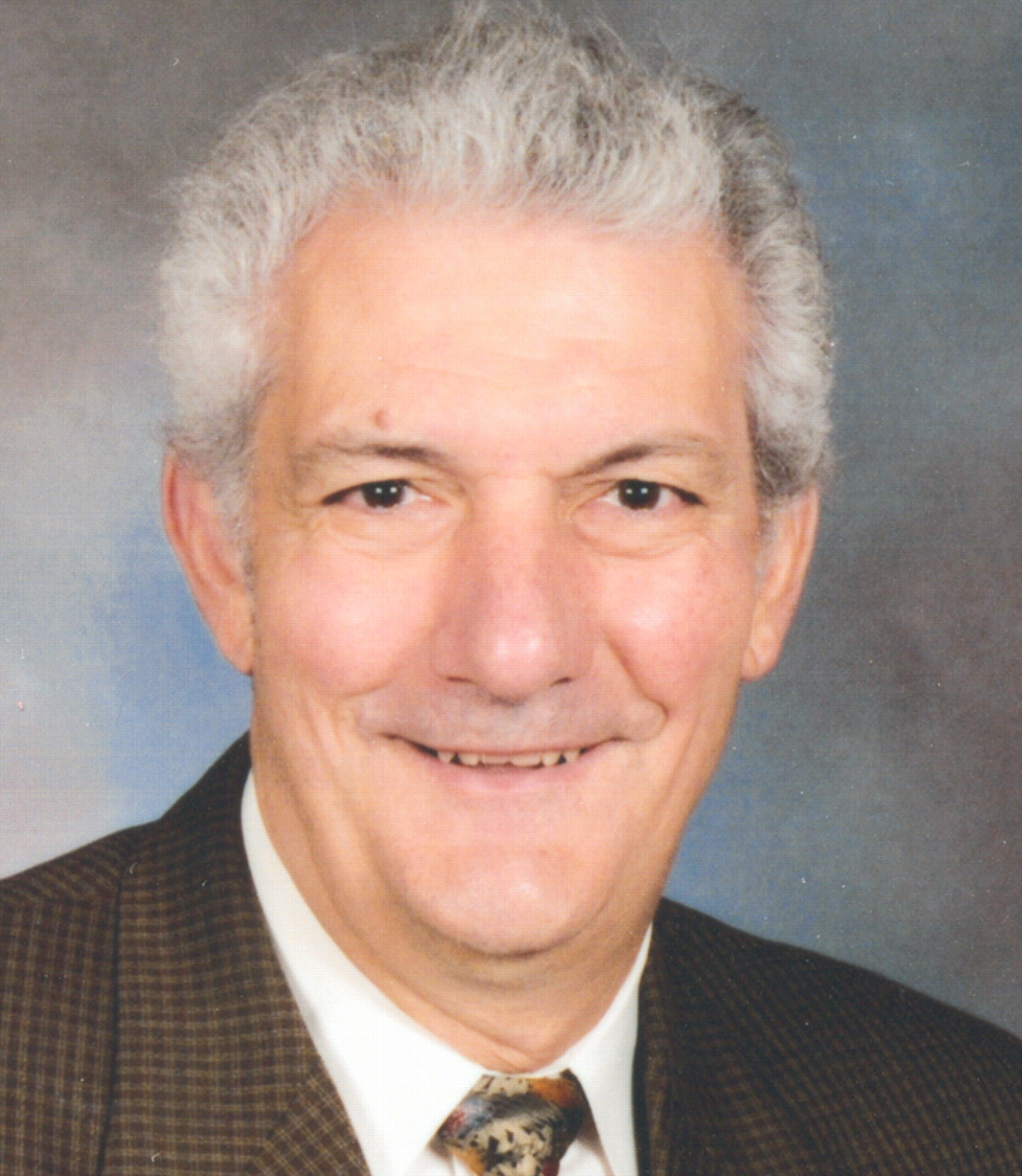An historical event took place in California on April 22 when it was announced that the supporters of Mental Health Initiative (Proposition 63) had turned in nearly double the required 373,819 signatures needed to qualify the Initiative for the November ballot—they had gatherered more than 600,000.
Proposition 63 will pay for a broad range of mental health services for children and adults, including prevention and training and if passed will result in the most extensive mental health system in the state's history.
It is well known that across the country, with the 1963 passage of the Kennedy Mental Health Act, a promise was made to the mentally ill. In exchange for state-hospital closings they were promised treatment and housing in their own communities. Unfortunately only the first half was accomplished: hospitals were closed.
Community mental health systems were started, but state budget allocations over the years have not kept up with costs, resulting in the promise being increasingly broken. By putting Proposition 63 on the ballot, Californians believe it is now time to fulfill this 40-year-old promise.
Proposition 63 will be financed with a new 1 percent tax on an individual's gross annual income over $1 million, which would generate an estimated $700 million a year. The scope of the program and its tax-the-rich source will provoke a debate. But it's an argument worth having to make California face the neglect of not providing treatment to more than 1 million people with mental illness.
According to a California legislative analyst, every taxpayer will eventually save money. She points out that savings would be hundreds of millions of dollars annually on a statewide basis, from reduced costs for state prison and county jail operations and medical care, police activities, shelters, and social service programs for the homeless. Doing nothing is not an option.
As we know, without treatment many mentally ill end up in jails, prisons, and on the streets—the last place to expect help. There are more than 50,000 people homeless in California, and estimates are that up to 30 percent of them are seriously mentally ill and not being treated. Fifty years ago they would mostly be treated in hospitals.
There are more than 200,000 people in California prisons and jails, and it is estimated that up to 20 percent are mentally ill. If they had received treatment most of them would not be there.
The reduction in hospital beds for the mentally ill and the diversion of those persons to prisons and jails confirms Penrose's extensive studies from as early as 1939 in England. He showed that as you reduce spending for treatment and hospital care for the severely mentally ill, you have a corresponding increase in the number of mentally ill people in the criminal justice system.
One example of mental hospital bed cuts made over 50 years is startling: Richard Lamb, M.D., a professor of psychiatry at the University of Southern California, reports that in l955 the national average for state mental hospital beds was 339 per 100,000 people. By 2000 the number of such beds had dropped to 22 per 100,000. For California the figures are even more dramatic—as of May there were fewer than two beds per 100,000.
A poll taken last spring found support for Proposition 63 at 64 percent. Californians know that something must be done. But this was before an organized opposition developed and flooded the media. Certainly state and national groups will try to defeat Proposition 63, including the Howard Jarvis Taxpayers Association and Americans for Tax Reform. In addition we expect the Church of Scientology and related organizations, such as the Citizens Commission on Human Rights, will mount a vigorous effort to defeat Proposition 63, as will other groups.
This is a battle with national implications: if this approach is successful in California, it could spread to other states. However, just as President Kennedy's 1963 act influenced treatment of the mentally ill for nearly a generation, Proposition 63 could well influence how California and perhaps the nation will be treating the mentally ill for the next generation.
The California Psychiatric Association (CPA) is one-third of the way toward its goal of raising $50,000 to support the initiative. APA quickly recognized the importance of Proposition 63 and has generously given CPA $25,000 to enhance the chances for success. California psychiatrists would be grateful for financial support from colleagues throughout the country who see the importance of Proposition 63. There will be 14 other propositions on the ballot, so money to increase visibility will be essential.
Checks made out to the Campaign for Mental Health can be sent to 1121 L St. #908, Sacramento, Calif. 95814. Please identify your contribution as from a psychiatrist. ▪

